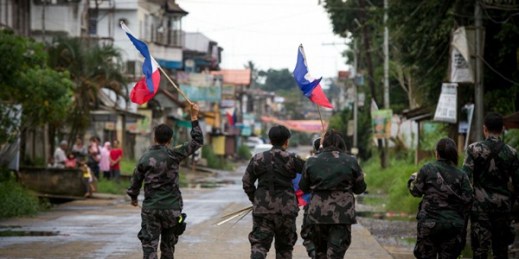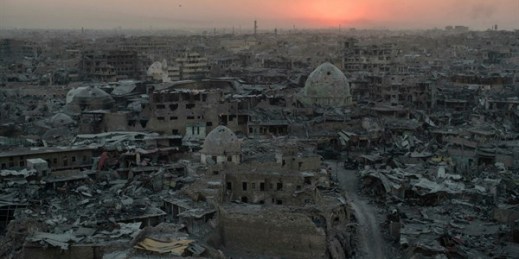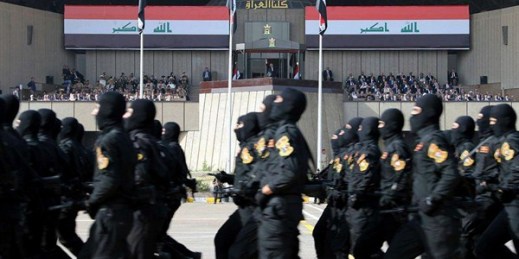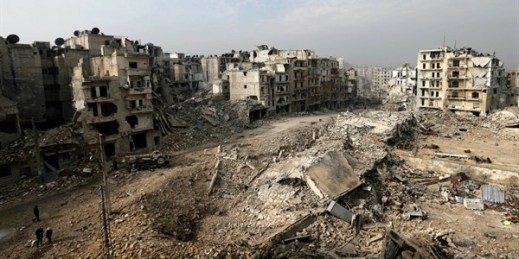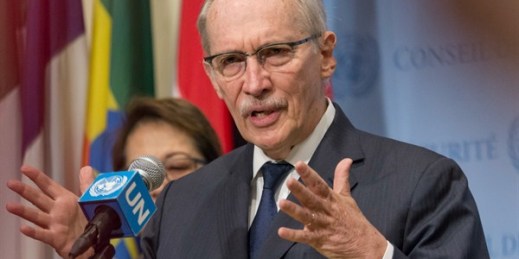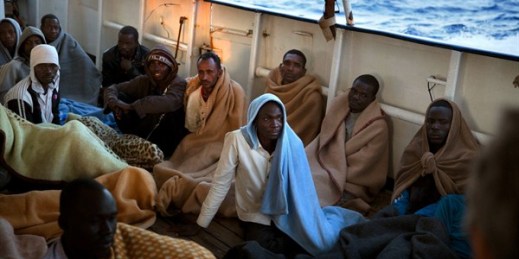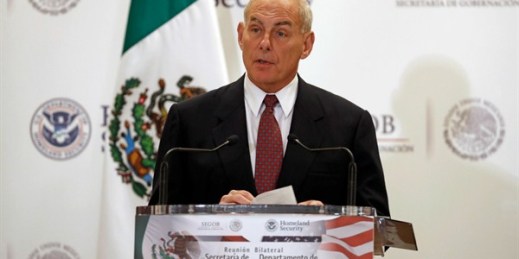
It has been more than 14 years since the U.S. military last fought large formations of conventional enemy troops. Unless the unthinkable happens with North Korea, American forces may not see a large-scale traditional war for many more years to come, if ever. Yet, every day, the military, intelligence community, law enforcement and other government agencies face a plethora of shadow enemies, ranging from complex criminal-terrorist networks to ideologically motivated individuals. While the risk of conventional war or gray-zone aggression from an adversary state is not gone entirely, the 21st-century security environment is dominated by nonstate challenges. This is an […]


